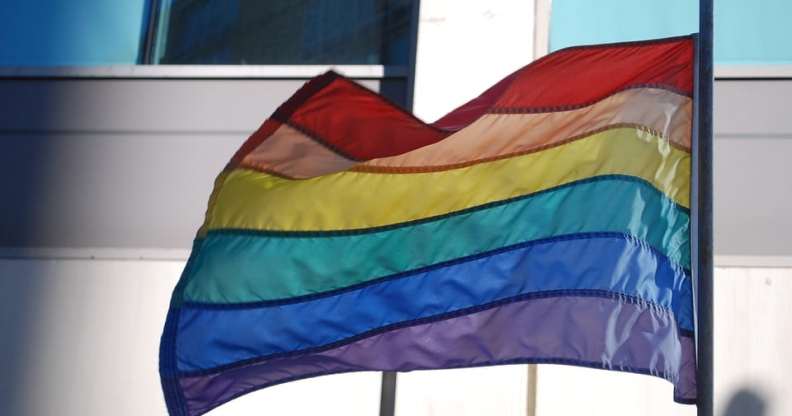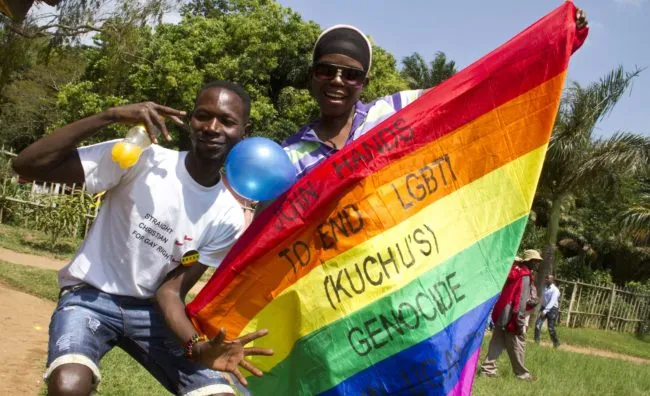Angola legally recognises LGBT rights lobby group in historic move

The move is a step forward for LGBT rights
Angola has given legal recognition to a gay rights lobby group in a breakthrough for LGBT rights in the country.
Iris Angola, an LGBT rights organisation founded in June 2013, described the Justice Ministry’s decision as a “historic” moment, APF reported.
“We’re turning the page for gay citizens who now have a body that is recognised by the state which gives more weight to the work of our organisation,” said Iris Angola’s Carlos Fernandes.
The group has 200 members and is the only gay rights group in the country to have legal recognition.
Boa notícia. “Iris Angola”, grupo LGBT Angolano reconhecido como associação pelo governo Angolano pic.twitter.com/QtgbkdQb60
— Iain Levine (@iainlevine) June 13, 2018
A description of Iris Angola on their Facebook page reads: “Our vision is clear and simple: we want a future in which sexual minorities have space, voice, participation and rights in Angolan society.”
Deputy executive programme director of Human Rights Watch posted a photo of the official confirmation on Twitter, commenting it was “good news”.
Discrimination and stigma remains a problem in the African country, where there is no legal recognition of same-sex couples.
The country’s new penal code, which was approved by the Parliament in May, bans discrimination based on sexual orientation in employment.
A 2017 survey carried out by IGLA found 61 per cent of Angolans agreed that gay. Lesbian and bisexual people should have the same rights as heterosexual people, while 20 per cent of respondents disagreed.

It is illegal to be gay in Uganda (Getty)
It is illegal to be gay in several African countries, including in Uganda, where those found to have had a same-sex relationship can spend up to seven years in prison.
In 2013, the country’s anti-law laws became even harsher and lengthened sentences for consensual homosexual sex.
It also criminalised those believed to be “promoting” homosexuality.
Other countries have seen progress when it comes to LGBT rights, including Tunisia.
Last week, the Tunisian president called for the decriminalisation of homosexuality in the North African country.
The 230-page proposal detailed the current lack of equal rights for many groups in the country.

